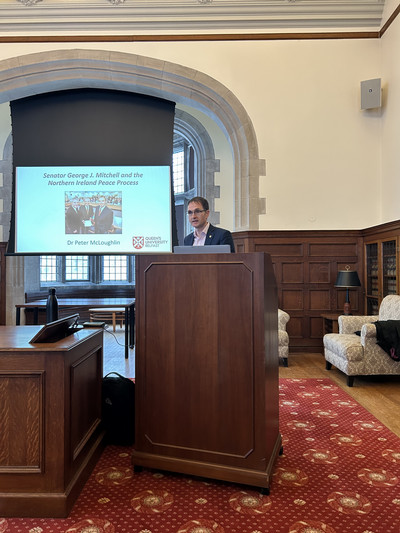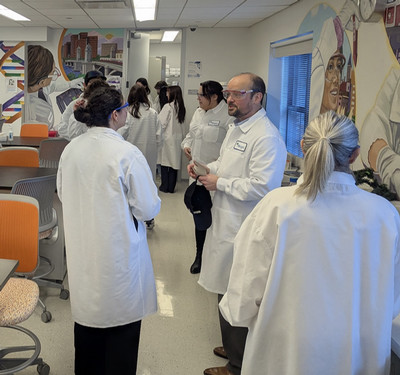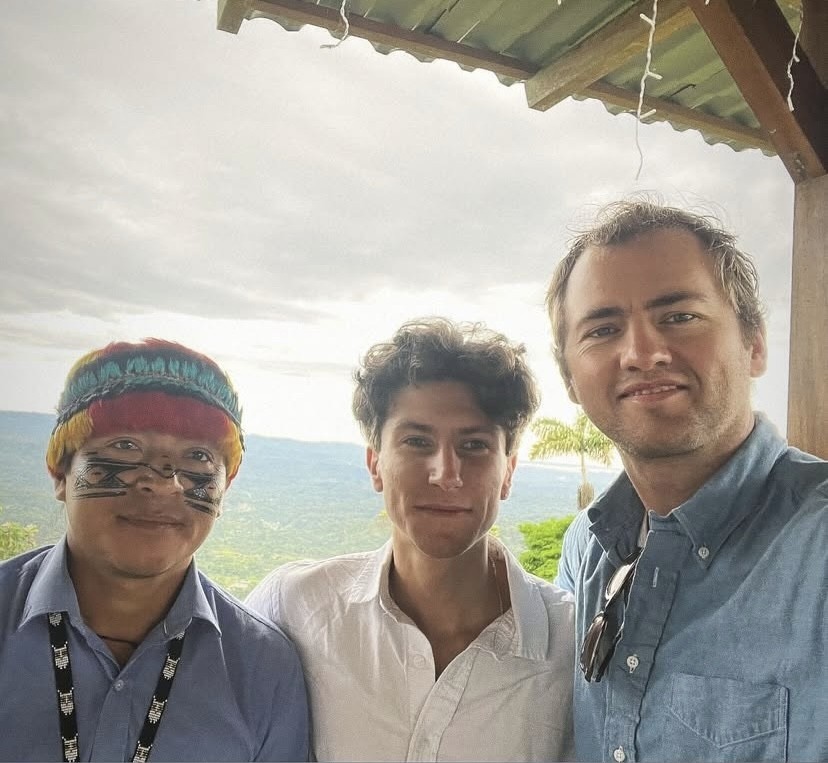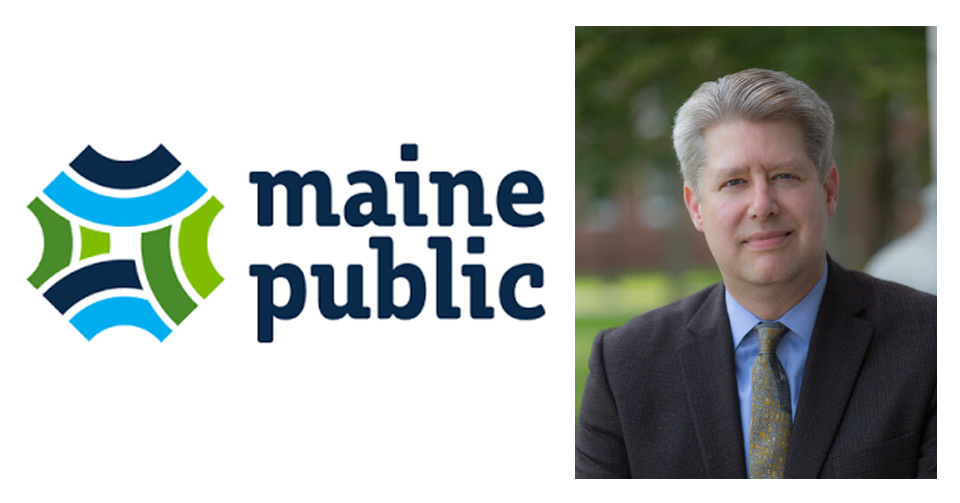Alumni Law Dinner Attracts Students Curious About Life as a Lawyer
By Nora Sullivan Horner ’24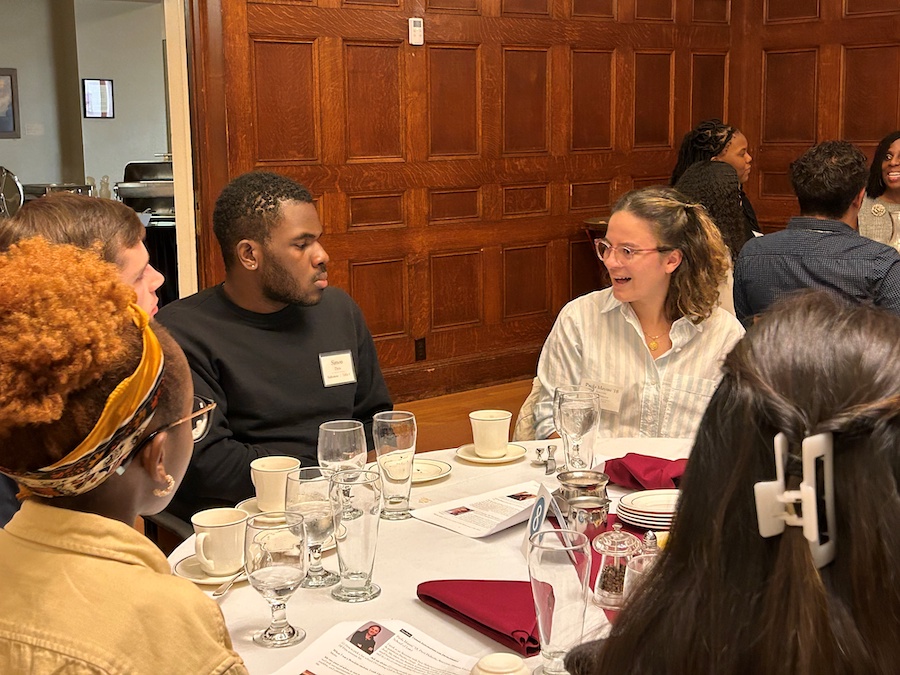
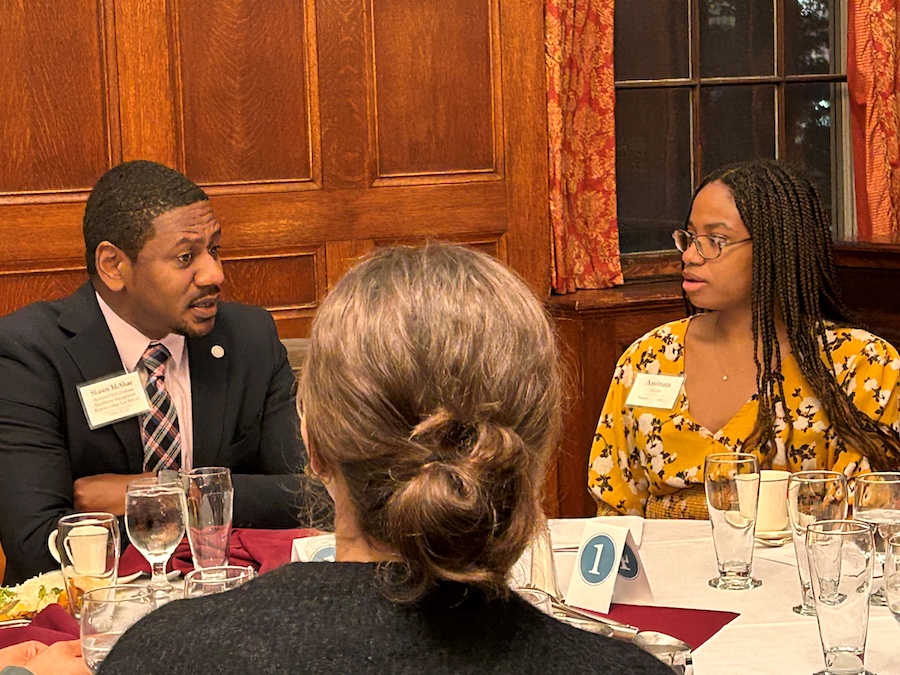
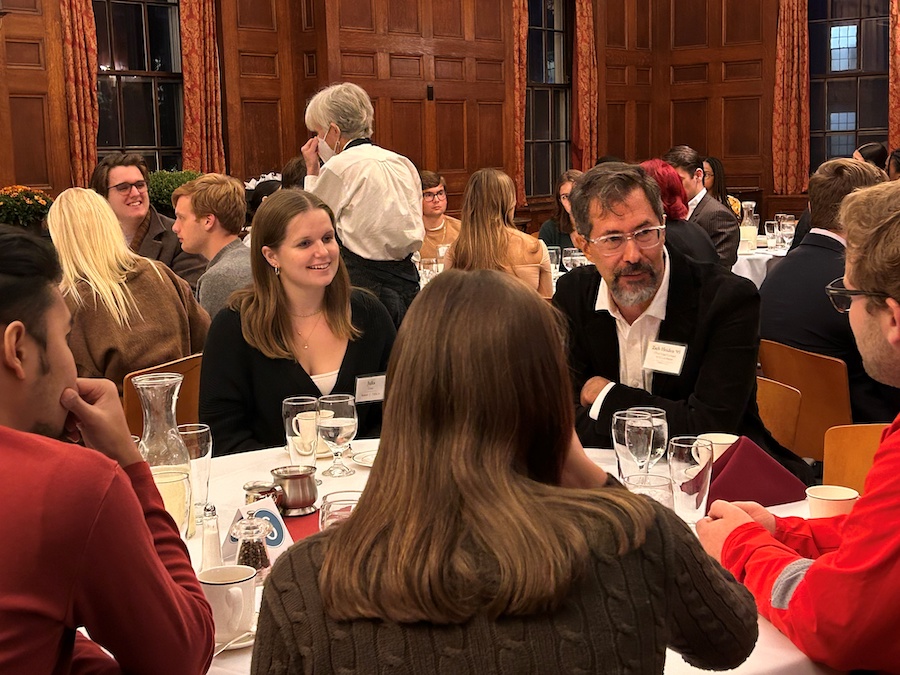
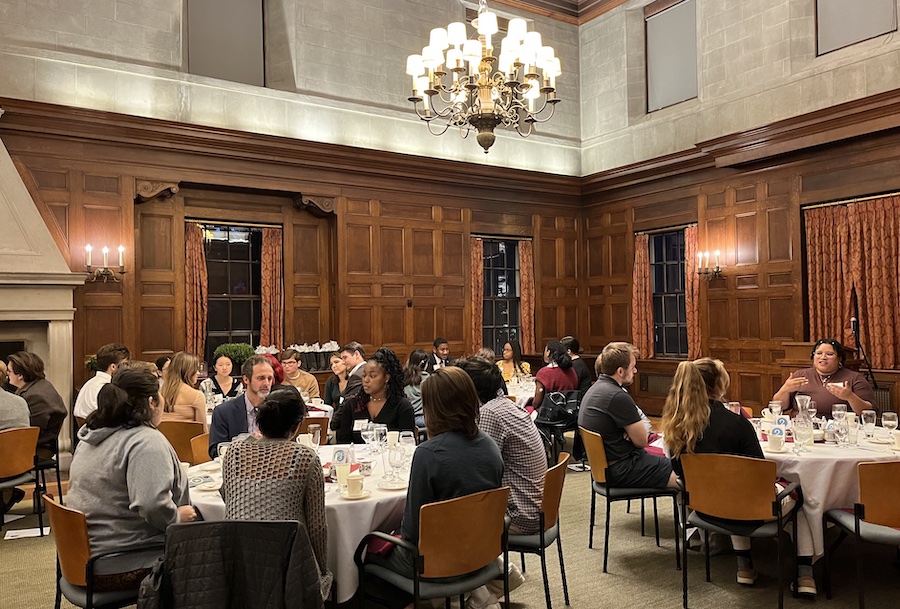
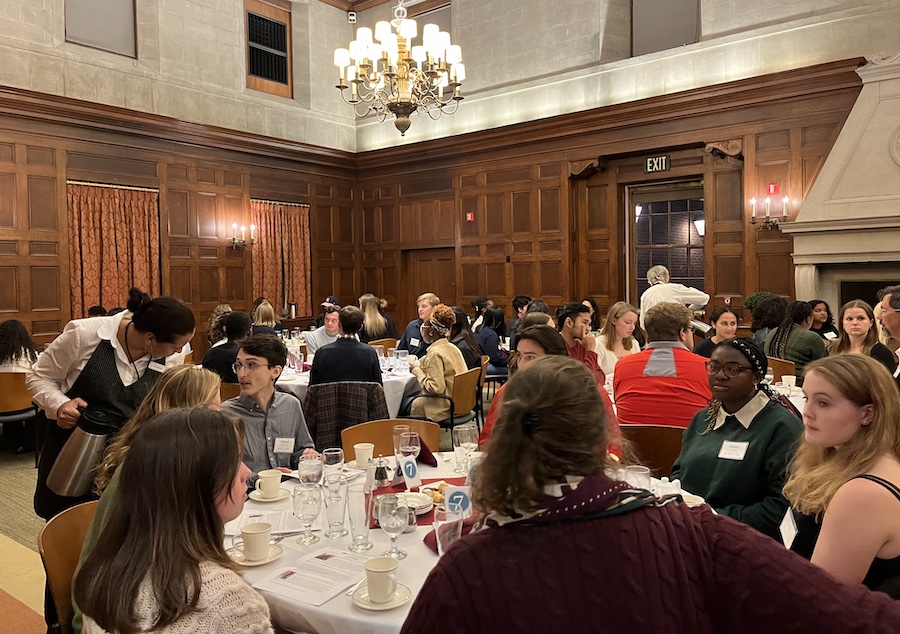
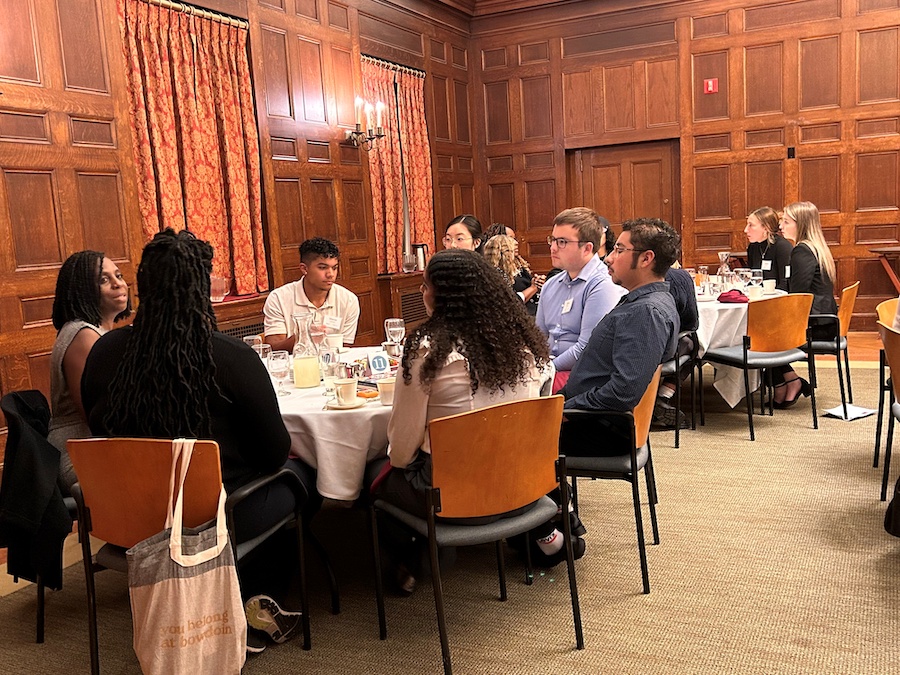
Over steaming rice and curry, students and lawyers leaned in to chat with one another in a room filled with conversation about a career path that can be challenging, exciting, and fulfilling. The event helped students gain firsthand perspectives about what pursuing this path could look like for them.
The alumni shared their insights on everything from what they think students should do before going to law school, to how to choose a law school, to what life is like at a law firm, and, as one put it, the experience of "being a first-generation college student, law student, and lawyer."
"Through events like this law dinner, CXD’s intention is not that students end up going to law school, but that they make informed choices about their futures," said CXD's Director of Career Advising and Pre-law Advisor Nancy Gibson, who organized the event. CXD provided the opportunity so students "get a clearer picture of what law school and a career in law may be like before, rather than after, making such decisions.”
While the event was open to all students, Gibson also said she made a point of promoting it with campus affinity groups to encourage attendance by students from backgrounds underrepresented in the practice of law. She said she got a great reception, and that the Black Student Union and the Latin American Student Organization held a smaller "meet and greet" with alumni after the dinner.
One of her objectives with the dinner was to highlight a national trend in which students of color often end up paying more to attend law school than white students.
"One key to changing this outcome is to make sure that applicants to law school are equipped with information early about how to navigate the admission process strategically," she said. "And that includes being aware of factors that influence the amount of financial assistance awarded to applicants."
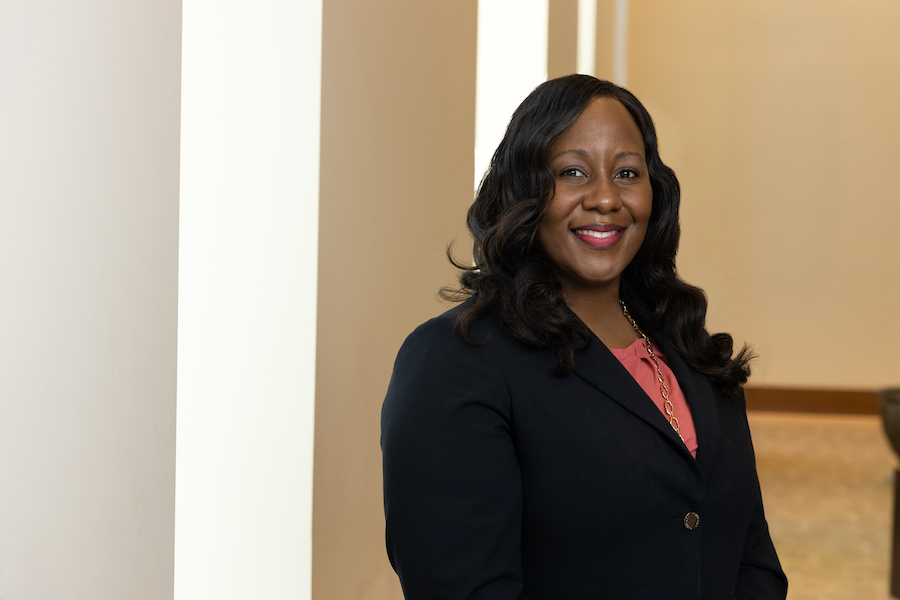
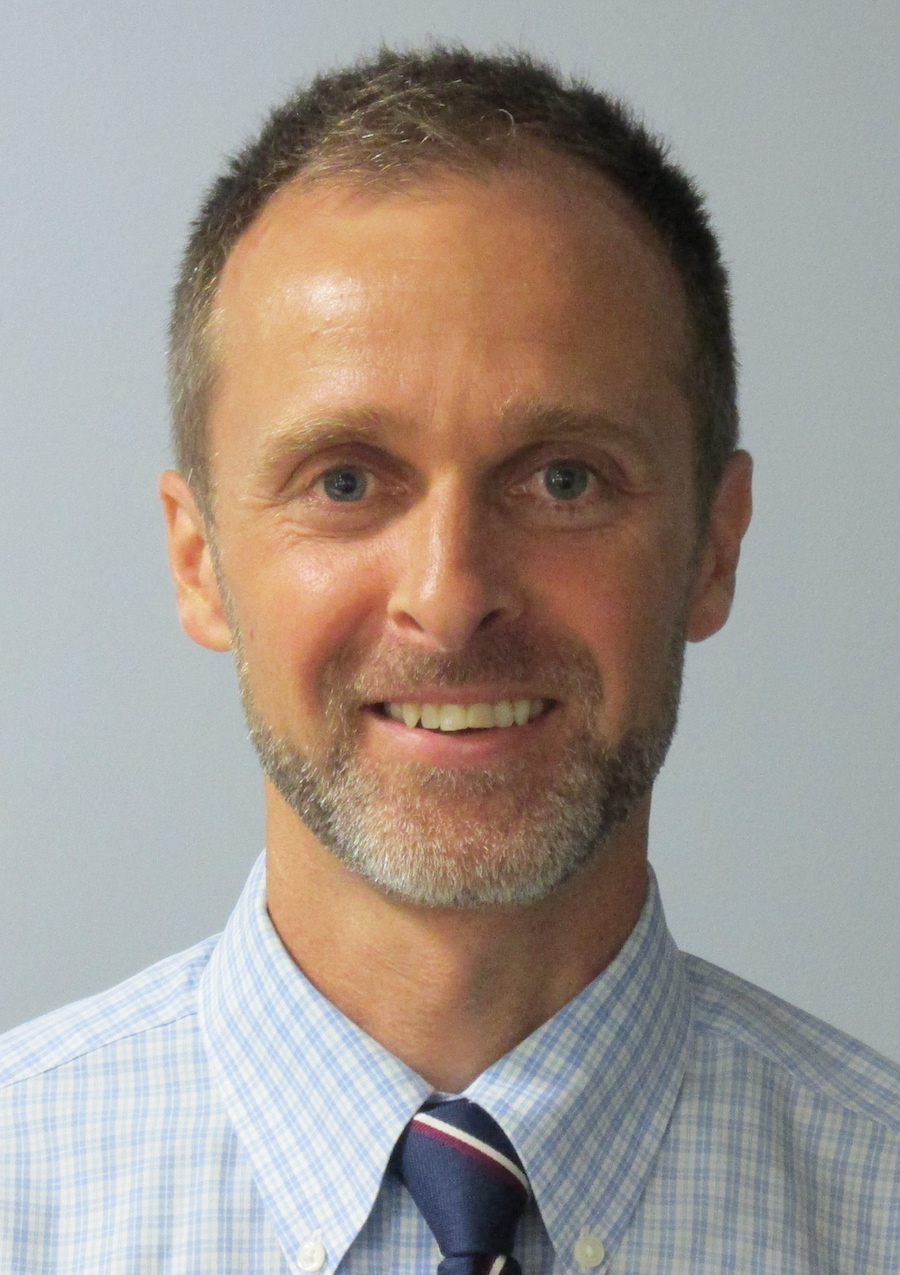
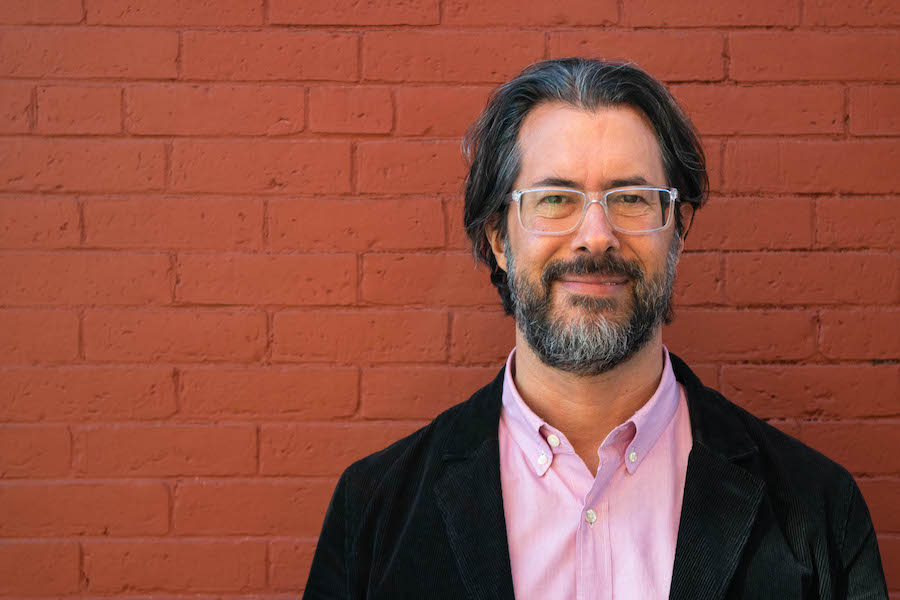
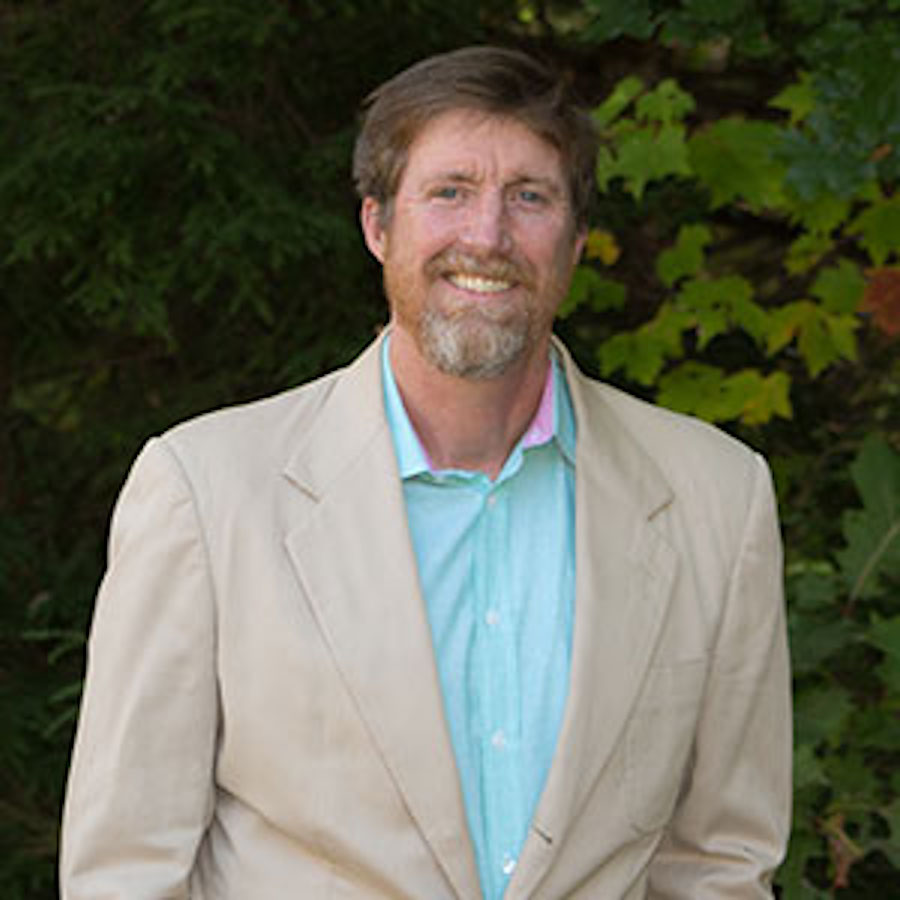
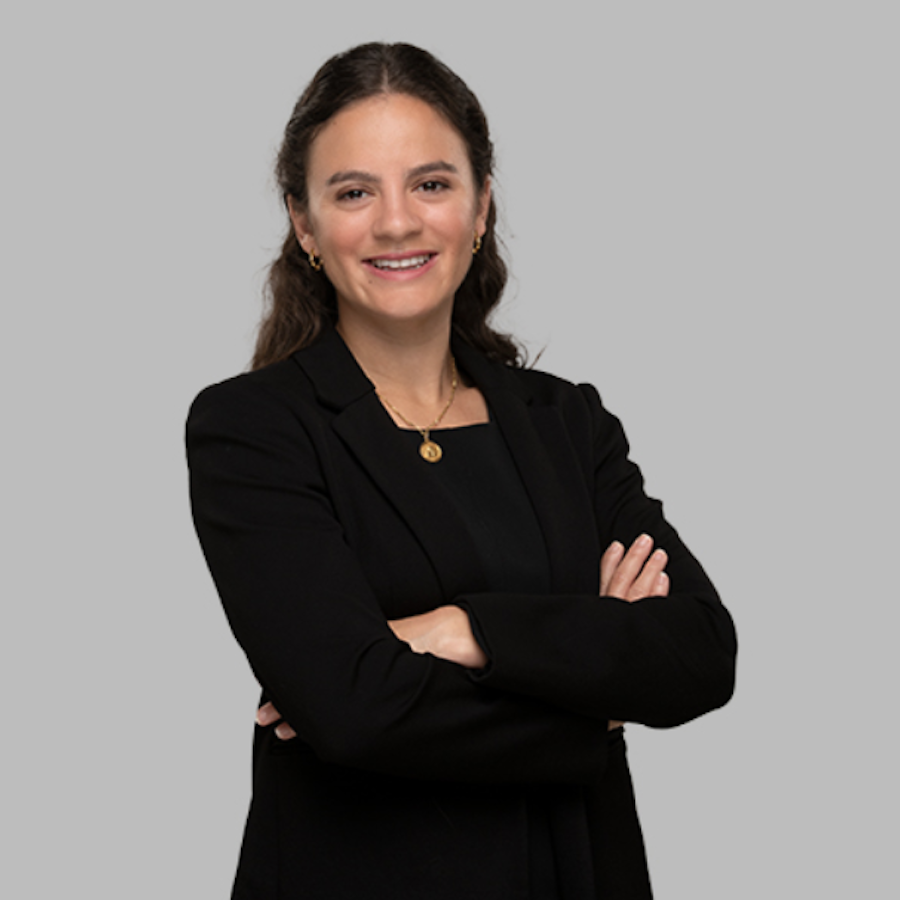
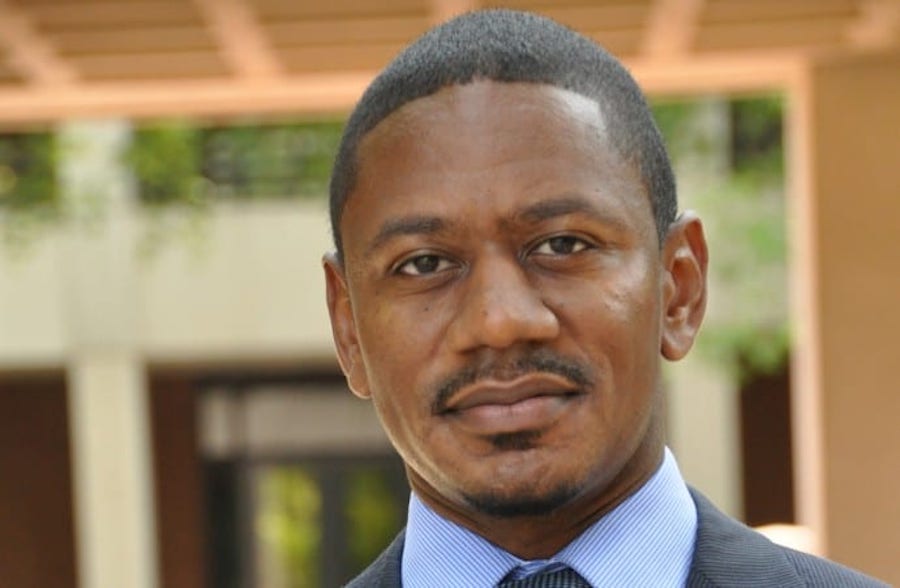
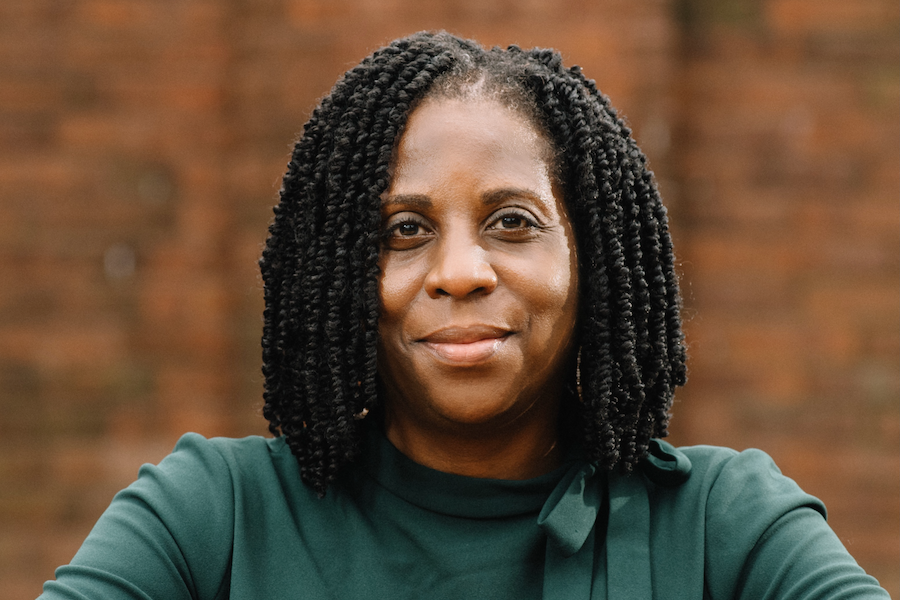
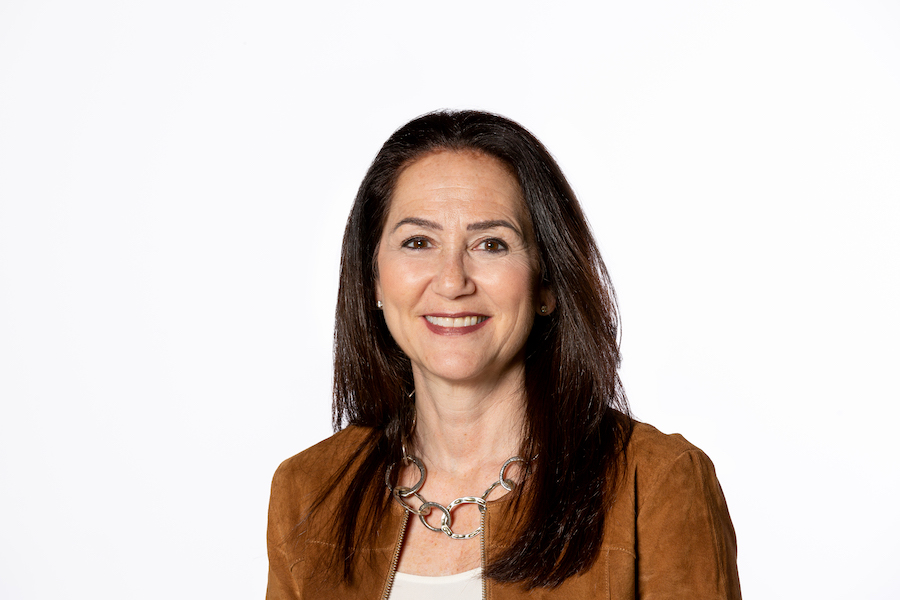
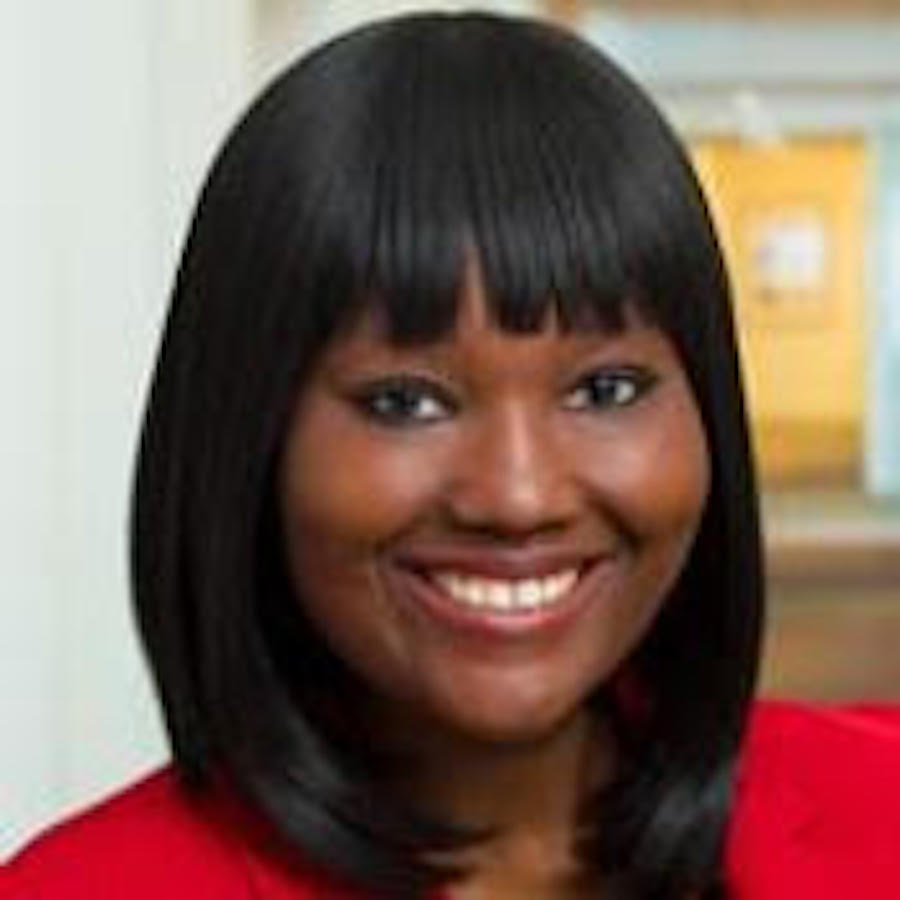
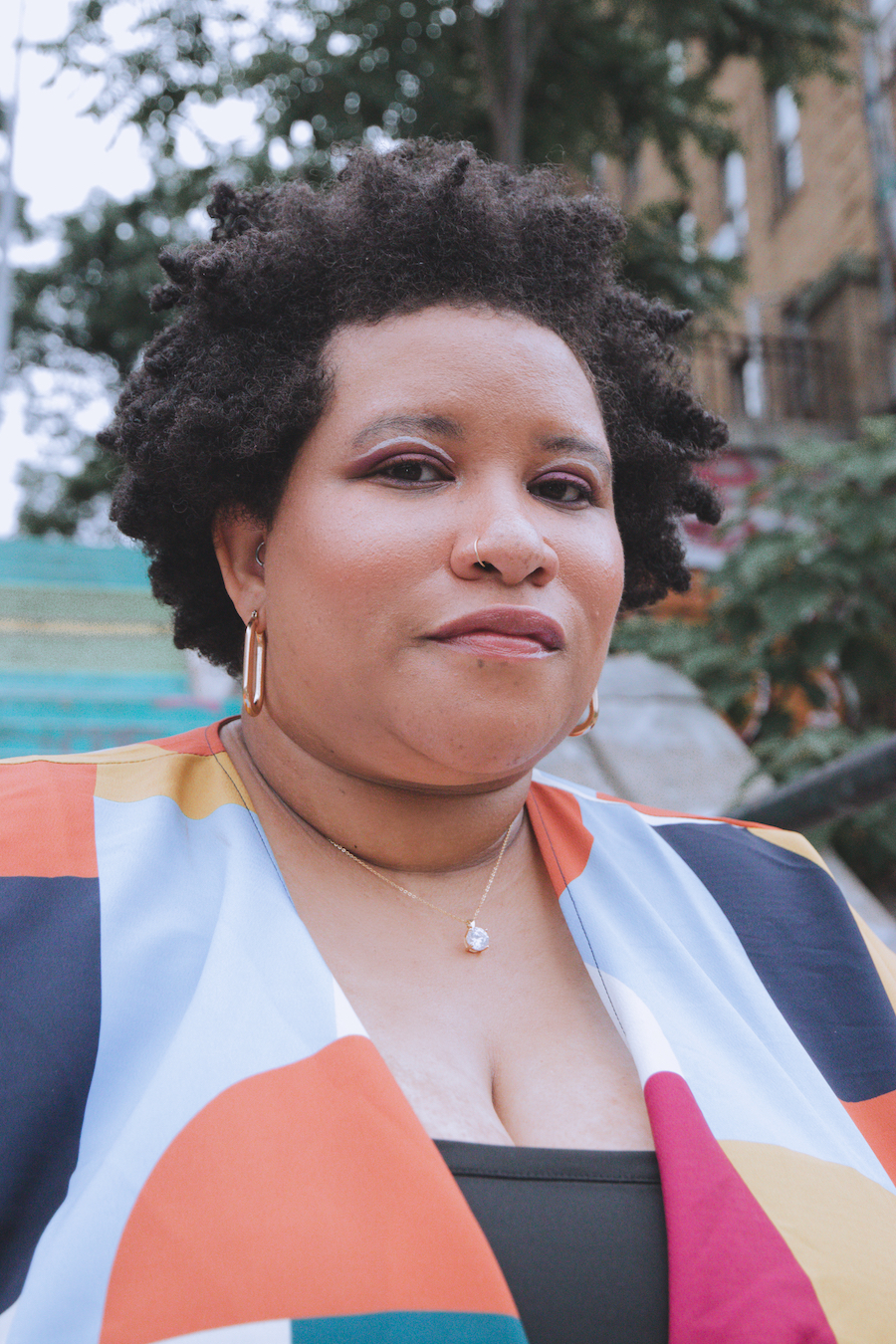
Below are a few of the many questions asked by students, and some of the advice they received. The guests rotated among the tables of diners to get a chance to speak with as many students as possible.
Kevin Haskins ’99, senior counsel at The Jackson Laboratory, studied at the University of Maine School of Law and majored in biology while at Bowdoin, so was initially interested in environmental policy.
How do I decide whether to take time off before entering law school? Haskins encouraged a gap. “Let it percolate for a while,” he said, “and wait for it to click.” He said the process will be different for everyone—but that’s what generates the real-world experiences that blend with the abstract legal principles encountered in the classroom and bring them down to earth. His message was that taking time away from your studies won’t adversely affect your time before, at, or after law school.
How should I weigh the cost and time that law school demands? Haskins responded that what you want to do, and the income of working in that subfield, should factor into deciding which schools to apply to. On that matter, he encourages students to investigate and thoroughly consider public law schools that have programs on par with top institutions but without the steep tuition. He also advocated for attending in-state institutions and applying for scholarships, both of which helped him finance his education without a high debt burden.
Though his interests branched out to intellectual property, he worked as a litigation lawyer after graduating. “Don’t be afraid to not get your dream job right after graduating,” he advised, “you’ll still get paid and, more importantly, you’ll get work experience and a greater understanding of what you do and don’t like and want in a job. So check in with yourself often—you can always course correct. Know that being an in-house lawyer for a corporation is different from being in a law firm, which is different from running a private practice. Different settings attract and work best with different temperaments. The most important thing to remember is no matter what you do, you’re getting something substantive out of it.”
Lisa Brathwaite ’08 is currently the director of DEI at Boston College Law School. Though she didn’t attend law school, she’s gained valuable insight into applying to and attending law school. She offered guidance on listening to yourself and taking up the space you deserve at a law school.
What if I really don’t want to take the LSAT? “If that’s the way you feel about most of the process, if you don’t have a supporting 'why' reason, listen to that,” she said. “When considering law school, remember it’s not for everybody, and that’s not a bad thing.”
This whole thing is intimidating—what should I keep in mind to make it less scary? “Remember you are interviewing these institutions as much as they are you," Brathwaite said. "Ask tough questions early on and decide for yourself what suits you. Choose a school that speaks to you and sees you as an individual. If there’s some gap or some other notable item on your resume, include an addendum. If there’s cause for pause, speak up and for yourself, take charge of how you present and represent yourself so others don’t have the chance to guess or misinterpret something. And pay attention to which institutions listen to your story.”
She continued: “Don’t walk into a space and feel as though you don’t have the tools—Bowdoin is an excellent college and is giving you the skills to succeed in any rigorous law school, on par with students coming from Ivy League backgrounds. You deserve a space. And keep in mind your own privilege, especially as you meet people from increasingly diverse backgrounds. It is possible to be privileged in one area of your life or identity and marginalized in another. Above all, be ready to listen to others. And contribute to the community you end up in—add to the richness you find there.”
Sean Mahoney ’86 is currently the executive vice president at Conservation Law Foundation. He shared his perspective on the academic aspect of law school.
What should I keep in mind when it comes to course selection in law school? “Get as much information to determine what you want to explore, what’s offered to you," he said. "Law schools are unique in that there is a core set of ideas and cases all first-year students in the country learn. They’re then taught how to extract principles to apply across all the various subfields."
Additionally, he said that many schools offer interdisciplinary courses. "If you’re interested in international law, there are courses on international business, trade, criminal prosecution, corporate management—the list goes on. Opt to take courses outside the law school curriculum when possible; explore dual degrees, too—there’s no limit to how you can approach your legal education. That also means there’s something for everyone. This is a space for you to strengthen the skills you developed while obtaining your undergraduate degree.”
Shawn McShay is the assistant dean of graduate enrollment management at Boston College Law School. His one-on-one work with prospective, current, and graduated students has given him insight on the personal side of what attending law school can be like.
Law school seems so demanding—what can I do to handle those demands and have a good time while I’m at it? “The number one strategy I’ve seen successful students employ is developing mechanisms to balance your work with your life. This will look different according to different expectations, but it revolves around prioritizing your well-being," he said.
"On that note, hold universities accountable. It can seem like the demands of law school are unreachable, unreasonable, and unchangeable. This isn’t the case. From firsthand experience, I’ve seen how when students use their voice, they can change these institutional demands—and even change the attitudes of the institutions themselves to be more equitable and sensitive to student needs and desires. Case in point, there’s been an increasing trend in the past five to ten years of schools paying attention to and promoting the importance of mindfulness and self-care practices. These concerns are important to students, so they’re important to the schools they attend.”
Nora Sullivan Horner ’24: What about the event caught your eye, and what were you hoping to learn by attending the dinner?
Ereny Morcos: I was very interested in learning about alumni of color and their careers in government and law. I was interested in learning about their ability to break barriers that I also have to if I hope for a future in public service and policy.
NSH: Did you learn anything surprising or interesting from an alum that impacted your perspective, especially about a potential career in law?
EM: Hearing advice and perspectives from such accomplished and dedicated people allowed me to start envisioning myself in a position where I can potentially do the same.
NSH: What other programming could the CXD do to best help students interested in law?
EM: Learning as much from alumni of Bowdoin and having the chance to network with them would be very insightful for me. This has been one of the most impactful events I've attended at Bowdoin especially considering how the pandemic has affected me and as junior at Bowdoin.
